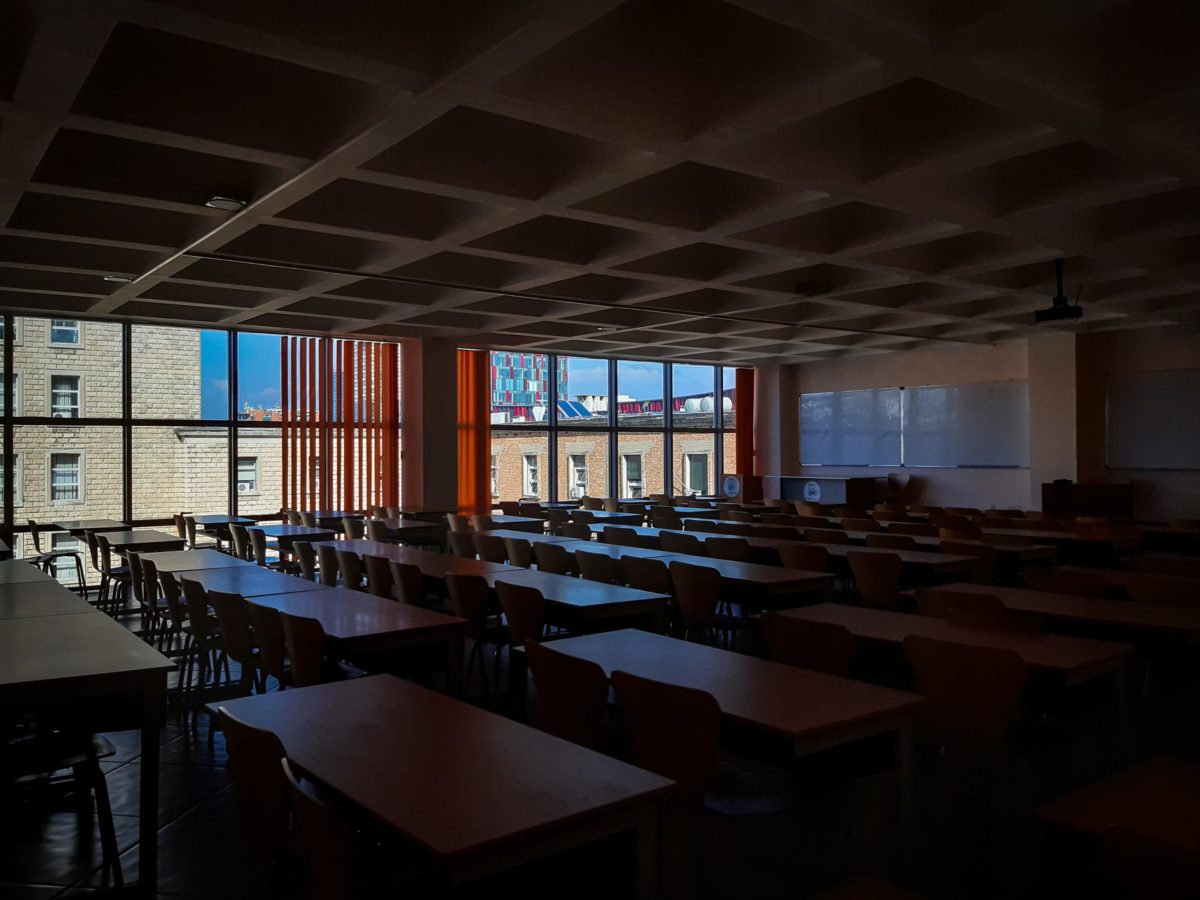When the pandemic arrived, schools closed but learning stayed open. Remote learning allowed students to continue their education, even as society was on lockdown. Seemingly overnight, schools shifted their schedules and infrastructure to reach students online.
Yet, like so much of the pandemic, this shift exacerbated many of the divides that have long existed within societal structures — in this case, the education system. This immediately became apparent in the shift to online learning, as schools raced to continue providing access to regular meals and outfit devices and internet connections for the one-third of D.C. families who lacked them at home.
Now, as the extended period of remote learning begins to approach a year of being in effect, there is data showing that students’ academic progress is suffering. And more poor and Black students are being left behind.
Data released by D.C. Public Schools in October shows that the already existing achievement gap is widening between white students and Black and brown students. One measure is progress in reading among kindergartners, a fundamental metric for literacy:
- Pre-pandemic, about 73% of white students were showing “adequate” progress. That dipped to 67% at the beginning of the current academic year.
- Black students already had a much lower achievement gap of 45% during in-person learning, down to 31%
- For Latino students, the drop was from 42% to 30%. In the pandemic, the drop was also more acute, to 31%.
That’s a drop of 6% for white students, compared with 14% for Black students and 12% for Latino students.
Students are falling behind in real time against a backdrop where divides along race and income were intertwined. According to a DropoutNation report issued before the pandemic, the average Black student in D.C. is in a school where 82% of students are poor, while for the average white student it is 25%.
In the pandemic, some measures indicate affluent areas are trending up, while it’s getting worse in poorer areas. Data from EmpowerK12 released in December shows that students who were considered above proficient in reading in Ward 3, the District’s wealthiest, jumped from 27% to 48% in from fall 2019 to 2020. Meanwhile the number of students falling far behind grew in Ward 8, which has the highest concentration of poverty. The study indicated the number of students considered far below proficient jump from 44.5% in 2019 to 64% in 2020.
The gap didn’t start with the pandemic, but now there’s evidence that remote learning is leaving students further behind. What to do next may be dictated more by how long the pandemic lasts. If the report cards continue to pass without a vaccine, another round of crisis response may be in order.
Those supporting education around the East Coast are devising solutions. It could mean getting new learning tools home to students to supplement education that go beyond devices and laptops. There could be deeper shifts at the curriculum and instructional level. New models could make learning pods more accessible.
For their part, district leaders say the widening gap is a reason to bring students back to the classroom, even before a COVID-19 vaccine is in wide distribution. DCPS Chancellor Lewis Ferebee cited learning loss as being behind an “urgent mission” for returning to in-person learning. But teacher safety in a pandemic is also a concern. After one initial plan for November reopening was canceled, school district and teachers’ union reached an agreement that indicates a wider return to buildings could be imminent in February.
But it’s worth remembering that a move back will once again represent a big shift for how students are getting an education.
Join the conversation!
Find news, events, jobs and people who share your interests on Technical.ly's open community Slack

DC daily roundup: Inside UMCP's new ethical AI project; HBCU founder excellence; a big VC shutters MoCo office

DC daily roundup: Esports at Maryland rec center; High schoolers' brain algorithm; Power data centers with coal?

DC daily roundup: Tyto Athene's cross-DMV deal; Spirit owner sells to Accenture; meet 2GI's new cohort


